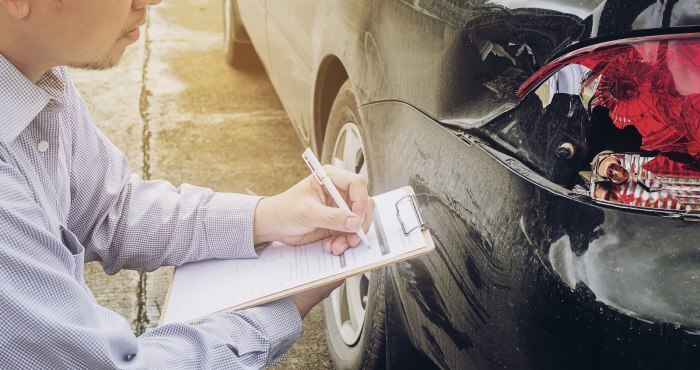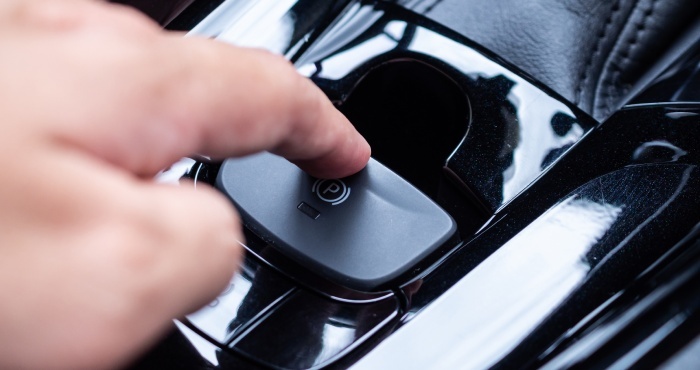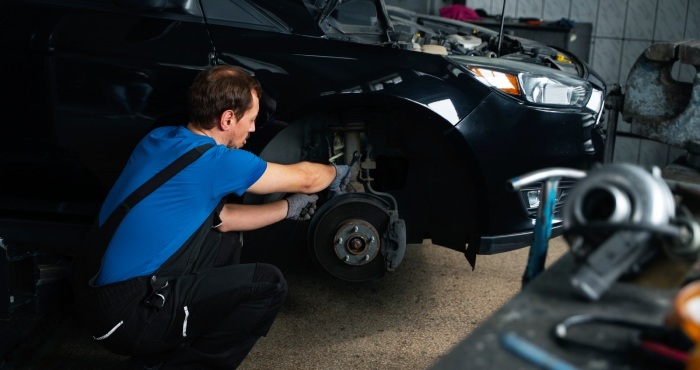Understanding Transmission Issues in the 2016 Honda Pilot and 2018-2020 Honda Odyssey
In the past few years, there has been a notable increase in complaints and recalls related to defective transmission systems in the 2016 Honda Pilot and the 2018-2020 Honda Odyssey. As a result of these persistent problems, numerous vehicle owners are considering their legal options under the California Lemon Law Lawyer, since these defects might categorize their vehicles as lemons.
If you possess a Honda car and have encountered problems with the transmission, it’s crucial to be aware of your rights and think about pursuing a lemon law claim. Numerous consumers have effectively traveled this legal route, securing compensation for ongoing mechanical troubles with their vehicles. In this discussion, we will explore the details related to these models, the recognized transmission problems, and how California’s lemon law safeguards consumers who are impacted.
The 2016 Honda Pilot: A Closer Look
The 2016 Honda Pilot, recognized for its spacious third-row seating and family-oriented features, has raised considerable alarm among its owners primarily because of issues with the transmission. These transmission failures have led to not only inconveniences but also posed serious risks to safety.
Common Transmission Problems in the 2016 Honda Pilot
The main problem associated with the transmission is the harsh gear shifts, particularly noticeable when moving from lower gears like first to second or second to third. Numerous vehicle owners have noted a delay in acceleration, jarring movements during gear changes, and instances of the transmission slipping, where the car appears to momentarily lose power before shifting into the next gear. These complications usually arise after around 30,000 miles of driving, though some drivers encounter them even earlier.
As the transmission deteriorates, a significant issue arises with delayed gear engagement, which can leave drivers in vulnerable situations, like merging into traffic or maneuvering through crowded intersections when the vehicle is slow to change gears.
NHTSA Investigation and Recalls
The National Highway Traffic Safety Administration (NHTSA), responsible for overseeing vehicle safety in the U.S., has been alerted to various issues concerning the transmission of the 2016 Honda Pilot. In addition to receiving a significant number of complaints from dissatisfied drivers, the NHTSA has also learned of at least five accidents and one injury linked to transmission malfunctions.
The National Highway Traffic Safety Administration (NHTSA) typically announces recalls when vehicle defects threaten public safety. Nonetheless, a widespread recall for the 2016 Honda Pilot’s transmission has not been required so far. As a result, consumers are still responsible for repair expenses, which average approximately $750 to address the transmission problem.
Additional Concerns with the 2016 Honda Pilot
Aside from transmission problems, the 2016 Honda Pilot has also shown various mechanical issues, such as engine stalling and failures within the electrical system. These additional concerns heighten the danger of operating the vehicle, raising the chances that these affected models may be classified as lemons according to California regulations.
Recalls Impacting the 2018-2020 Honda Odyssey
The Honda Odyssey, a favored choice among family minivans, has faced several recall incidents in the past few years, especially concerning the 2018, 2019, and 2020 versions. These recalls have prompted a significant number of consumer grievances due to various problems, including transmission malfunctions and potential fire risks.
Overview of Odyssey Recalls
By September 2020, over 600,000 Honda cars, such as the Odyssey, Pilot, and Passport models, were under active recall due to different issues. The 2020 Honda Odyssey experienced five distinct recalls, the 2019 model had a total of 11 recalls, and the 2018 version encountered several additional recalls.
Transmission Issues in the Odyssey
Transmission issues have been a significant concern among these recalls. Approximately 50,000 Odyssey minivans were pulled from the market because of a flaw that could cause the vehicle to roll out of park unless the electronic parking brake was applied. In certain instances, the parking brake was accidentally engaged while the vehicle was in motion, posing a serious risk to both drivers and passengers.
Honda has proposed solutions for vehicles facing these transmission issues, either by updating the software or replacing the defective transmission parts. Nonetheless, many owners remain apprehensive about the long-term reliability and performance of their vehicles despite these measures.
Fire Hazards in the Honda Odyssey
A significant safety concern with the Honda Odyssey is the potential for fire caused by electrical failures in the third row of the vehicle. This issue prompted a recall of around 250,000 units in March 2020, specifically related to the wiring harness situated near the third-row seating area. In those vehicles, wear and tear on this harness could elevate the likelihood of a fire hazard.
Owners of Odyssey vehicles affected by this recall have been encouraged to reach out to their nearest Honda dealership for a complimentary inspection and repair service. Nonetheless, the serious safety concerns have led many to doubt the overall dependability of the Odyssey series for these specific model years.
Consumer Rights Under California Lemon Law
The California Lemon Law aims to safeguard buyers and lessees of vehicles that experience persistent, irreparable defects. If you possess a 2016 Honda Pilot, a Honda Odyssey from the years 2018 to 2020, or any other Honda model facing major transmission issues or serious safety concerns, you could potentially have a legitimate claim under the Lemon Law.
What is the California Lemon Law?
The California Lemon Law applies to both new and pre-owned vehicles that are bought or leased in California and encounter significant mechanical problems that greatly affect their usability, worth, or safety. For a vehicle to be eligible under this law, it must have undergone several repair attempts at the dealership or by the manufacturer without achieving a satisfactory fix.
If a vehicle is deemed a lemon, the manufacturer might have to either repurchase or exchange it. Furthermore, consumers might be eligible for compensation covering repair expenses, any related damages, and even legal fees incurred while seeking the claim.
Filing a Lemon Law Claim for Transmission Issues
Should your Honda Odyssey or Honda Pilot be suffering from ongoing transmission problems, you may qualify for compensation according to California’s lemon law. Transmission failures are specifically recognized as valid grounds for lemon law claims, given their substantial impact on the vehicle’s safety and dependability. Even if Honda has initiated a recall or proposed a repair, you retain the right to file a lemon law claim if the issue continues despite several repair attempts.
To initiate the procedure, it’s essential to compile a record of your vehicle’s problems, which should encompass repair documentation, bills, and any communication with the dealer or manufacturer. Afterward, a California lemon law attorney can assess your situation and advise you on the most effective steps to take.
Working with a California Lemon Law Attorney
At McMillan Law Group, we focus on managing lemon law cases for consumers throughout California. Our knowledgeable team is well-versed in the state’s lemon law regulations and has successfully assisted many clients in obtaining compensation for their faulty vehicles.
Why Choose Our Firm?
Our legal team is committed to safeguarding your rights and making sure you don’t end up with a dangerous or faulty vehicle. With significant experience in managing cases related to the Honda Odyssey, Honda Pilot, and various other models notorious for transmission problems and other critical defects, we are here to help. We provide complimentary case assessments and operate on a contingency fee structure, so you won’t incur any legal costs unless we achieve a successful outcome for you.
If you think your car meets the criteria for a lemon according to California law, it’s important to take prompt action. The time limit for filing lemon law claims can differ, so seeking legal advice as soon as possible is essential to protect your rights.







